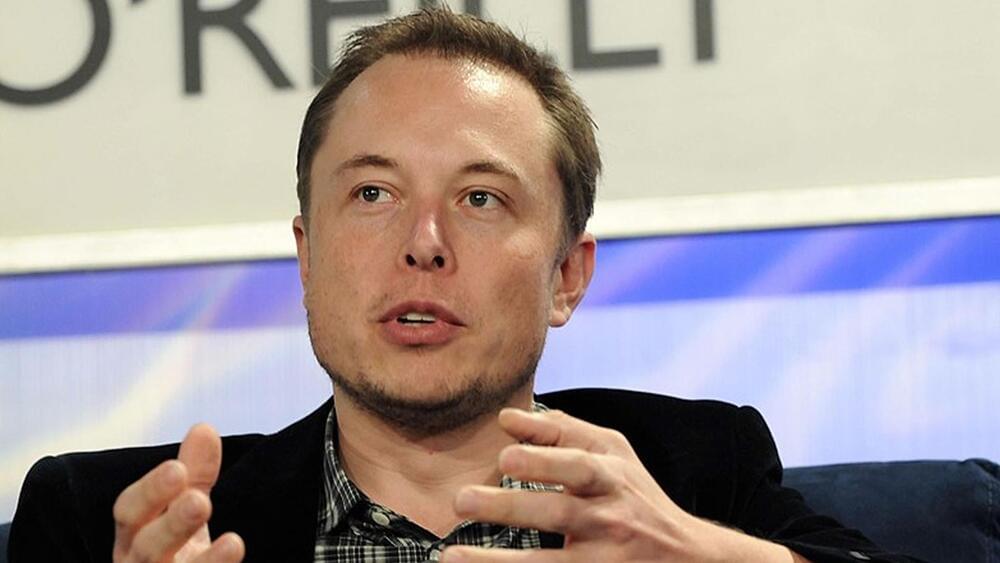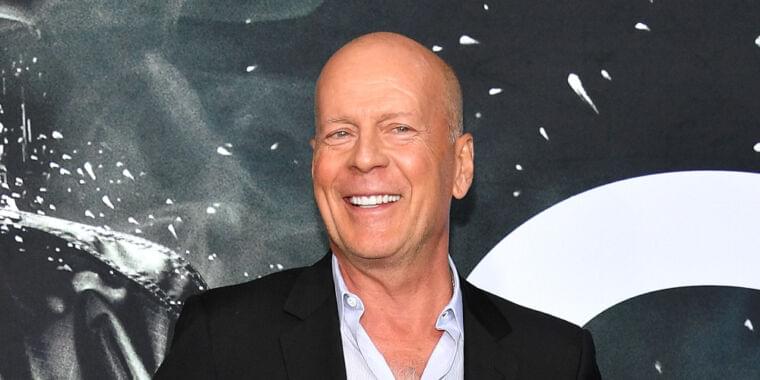Genflow has announced that its adeno-associated virus (AAV) research and development programme in Estonia has received a non-dilutive grant award of €250,000 from the Applied Research Programme of Enterprise Estonia, an Estonian governmental institution designed to stimulate business growth in the country.
Longevity. Technology: Genflow’s research programme is focused on the development of an antiaging gene therapy platform designed to target nearly 100 million patients worldwide who suffer from Werner’s syndrome, non-alcoholic fatty liver disease (NAFLD) and non-alcoholic steatohepatitis, an advanced form of NAFLD, as well as other major clinical disorders.
This R&D is a collaborative project between Genflow and IVEX lab OÜ, an Estonian company specialising in the research and development of biotech therapeutics.








